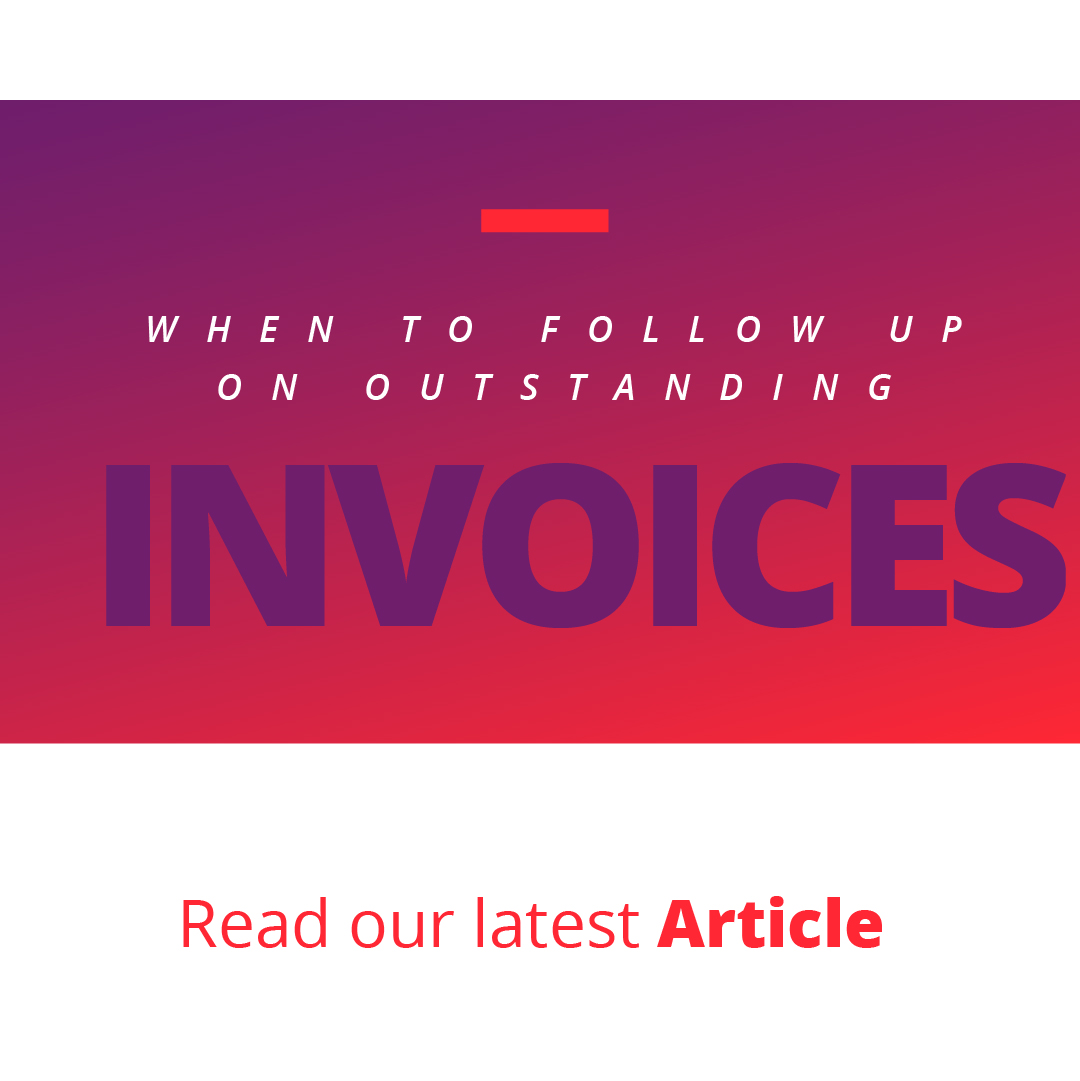When you are hired to record a voiceover, you’re performing a service for your customer. When you send an invoice for that work, you expect to be paid for that service on time. But what if you’re not? What if your invoice is outstanding?
There are proper times to follow up on overdue invoices. It’s important to be respectful of your customer’s time and to maintain a good relationship. Here are some tips on when to follow up on an invoice:
1. When the invoice is due
This one is pretty obvious – you should follow up on an invoice when it’s due. If the invoice is due within a week, follow up the day after it’s due. If the invoice is due in a month, follow up a week before it’s due.
2. When the invoice is past due
If the invoice is past due, you should follow up as soon as possible. The sooner you follow up, the sooner you can collect on the invoice.
3. When you’ve sent multiple invoices and only one is paid
If you’ve sent multiple invoices and only one is paid, you should follow up on all the unpaid invoices. This will remind your customer that they still owe you money.
4. When you’ve already sent a reminder
If you’ve already sent a reminder, follow up again after a week. This will let your customer know that you’re serious about getting paid and the invoice is overdue.
5. When you need the money
If you need the money from the invoice, follow up as soon as it’s due. This may be because you have your own suppliers, studios, or people to pay, as well as yourself. This will show your customer that you’re serious about getting paid and that you need the money soon and as agreed. However, if your agreement with your client is to be paid in 30 days, don’t hassle them until at most a week before. Your own cashflow and payments to your suppliers are not their problem. Be courteous in your reminders.
Voice Artists Terms and Conditions
Voice Artists work when and how they want to and are often not beholden to a standard workweek. This can be a great thing for individuals looking to make their own work hours and freedom a priority. However, it also comes with some risk.
Voice Artists should always have a clear understanding of the terms and conditions of the work they are agreeing to do, as well as the payment they will receive. In addition, they should be prepared in case they need to send a letter of demand for payment if they are not paid on time or in full.
Some things to consider when working as a freelance Voice Artist:
What are the terms of the work?
Be clear on what is expected of you and what you are expected to deliver. Always quote your client and make sure you have a signed quote, contract or Service Level agreement, outlining all aspects of the work you’re performing. Having an SLA that provides a penalty for late or non-payments is important to ensure that the client is legally bound to the terms both of you agreed to.
How will payment be made?
Make sure you understand when and how you will be paid. In South Africa, it’s common to use 30 days from date of invoice as your terms. Include these terms on your quote.
What is the deadline?
Make sure you understand the deadline for the project and what will happen if it is not met. When hired, you are responsible for getting the recording done on time, especially if you self-recording from a home studio. If you are being booked at another studio, be clear about your availability so that everyone can meet their deadlines.
What is the payment amount?
Make sure you are aware of the amount you will be paid for the project and clearly outline it on your quote. Rates vary depending on the type of job you are recording and it’s usage area. Educate yourself on professional rates guides so that you can accurately quote. Here are 7 Essentials To Get A Voice Over Quote.
Are there any other costs?
Be aware of any costs that may be associated with the project, such as travel, gear hire, external studios, or audio engineers you need to hire to complete the job. Outline these on your quote as separate items.
What rights does the client have to the finished product?
Be aware of any copyright or ownership rights the client may have to the finished product. Remember, they are licensing your voice for their project, and only have rights to the usage areas quoted for. If they need to use the recording outside of the quoted areas, a new or additional quote must be supplied to cover those extra fees.
Letters Of Demand
If you are not paid on time or in full, you may need to send a letter of demand for payment. This letter should state the amount you are owed, the date you are owed it, and a request for payment.
You may also want to include a statement that the debt will be referred to a collections agency if payment is not received. Having a signed quote, contract or SLA that your customer has agreed to will go a long way to keeping everything above board and help the collections agency push for settlement.
This is usually a last resort, and I would recommend trying settle things with your client as professionally as possible before getting letters of demand and collections agencies involved, which will end up costing you money.

